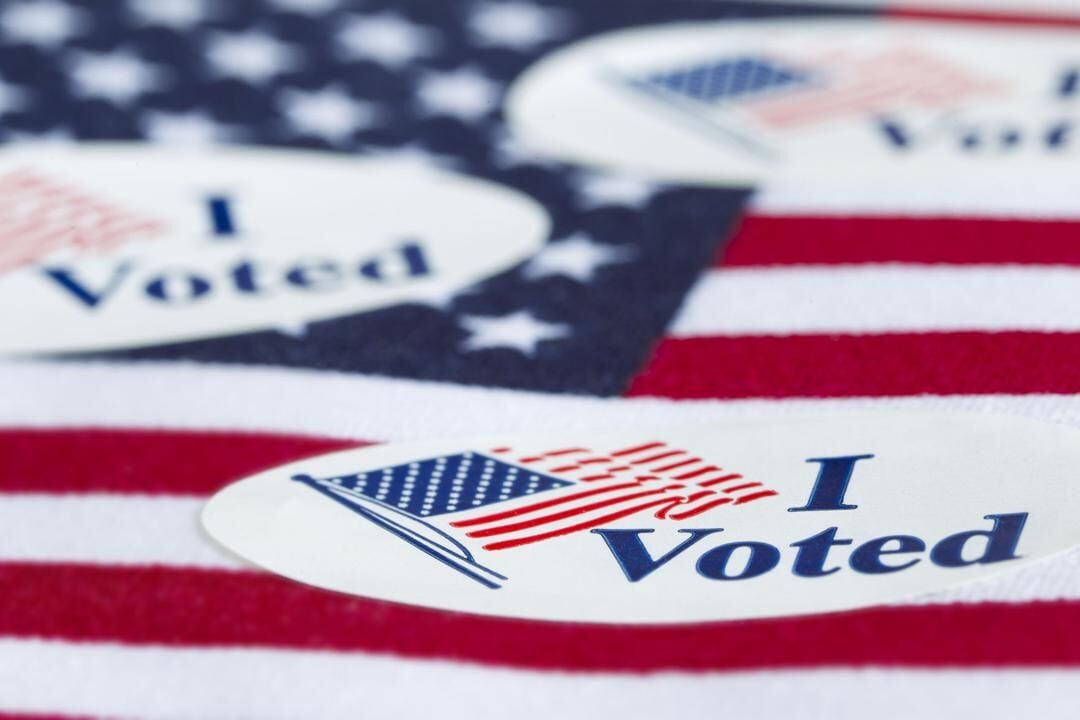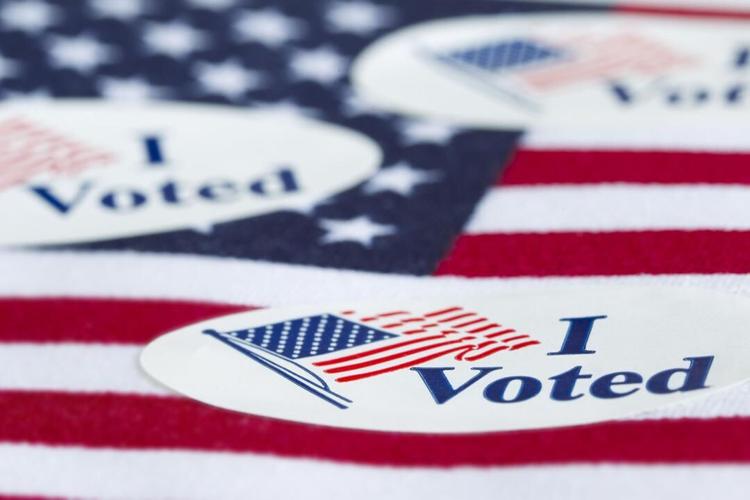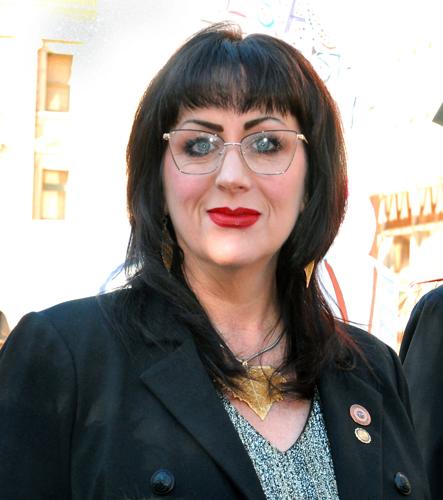PHOENIX т Republican lawmakers are moving to allow voters around the state to decide т and possibly overrule т how УлшжжБВЅ elects members of its city council.
would spell out that if cities have council members selected by district, only those people living in the district get the last word on who will be elected. The 16-12 vote sends the measure to the House.
The proposal pushed by Sen. Justine Wadsack, R-УлшжжБВЅ, is specifically designed to overturn the unique тmodified wardт system in УлшжжБВЅ.
Individual council members run within their own districts. And only registered voters in that district can vote in the primary.
But all city voters get to weigh in at the general election. That means someone could prove popular within their own district and yet still lose to someone more popular among the population at large.
People are also reading…
City officials have defended the system, saying it ensures that all districts have local representation but that council members are responsive to all part of the city. But Wadsack contends the system isnтt fair.
тYou have areas that have people that vote that are not in the area of interest,т she said. тIn my area in particular, South УлшжжБВЅ should not be voting for city council members who are in Tanque Verde valley or are in another area that have no interest in whatтs happening in their backyard.т
Sen. Priya Sundareshan, D-УлшжжБВЅ, said thereтs no reason to put the question of how УлшжжБВЅ votes on the November statewide ballot. She said this is something that could be decided by voters in УлшжжБВЅ who could amend their city charter to alter the system.
тWe tried,т Wadsack said. тEvery time a petition or ballot initiative tries to go through they get so heavily scrutinized and they canтt seem to get those petitions approved.т
And she insisted that УлшжжБВЅans really do want the system scrapped.
тThe people have come in droves trying to change this for a couple of decades now, several decades,т Wadsack said. тAnd it just never gets across.т
That, however, doesnтt tell the whole story.
Proposals to scrap the тhybridт system did make it to the ballot in 1975, 1991 and 1993. And each was rejected.
There also were some efforts more recently, including one last year. But both failed to get sufficient signatures to even put the issue to voters.
Wadsack, for her part, said she remains convinced that allowing only those within a district to have the last word on their representatives is far better.
тIt actually would be beneficial because the people that actually have the best interests of that district will actually be the voice of that district or that ward,т she said.
There also is a political component to all this.
Democrats outnumber Republicans on a city-wide basis by a margin of two to one. And that has made it difficult for a Republican nominated from any district to survive a general election.
In fact, there currently are no Republicans on the city council.
This isnтt the first time Republicans have sought to quash УлшжжБВЅтs system of elections.
In 2009, Jonathan Paton, then a Republican state senator from УлшжжБВЅ, pushed through legislation that would have voided the modified ward system. It also would have barred cities from conducting local elections where the candidatesт political affiliations are listed on the ballot.
That measure was overturned by the state Supreme Court in 2012, The justices said that УлшжжБВЅ, as a charter city, has a right under the УлшжжБВЅ Constitution to decide whether to conduct partisan elections and how to elect council members.
Undeterred, the Public Integrity Alliance filed suit in federal court on behalf of several УлшжжБВЅ Republicans charging that the system was an unconstitutional violation of the Equal Protection Clause of the U.S. Constitution. Attorney Kory Langhofer argued that the system gives some voters power power than others and, in some cases, effectively nullified their votes.
That contention was rejected by the 9th U.S. Circuit Court of Appeals.
тУлшжжБВЅтs hybrid system for electing members of its city council imposes no significant burden on votersт rights to vote,тт the appellate court concluded. тAnd УлшжжБВЅ has advanced a valid, sufficiently important interest to justify its choice of electoral system.тт
The U.S. Supreme Court put the issue to bed in 2017 when it refused to disturb the 9th Circuit ruling.
Wadsack actually has a backup plan which also would undermine УлшжжБВЅтs electoral system.
Her , if approved by voters statewide, would strip any city of at least 500,000 of the right to have its own charter. And if УлшжжБВЅ is no longer a charter city, that would free up lawmakers to decide how its council can be elected.
Howard Fischer is a veteran journalist who has been reporting since 1970 and covering state politics and the Legislature since 1982. Follow him on X, formerly known as Twitter, and Threads at @azcapmedia or email azcapmedia@gmail.com.















